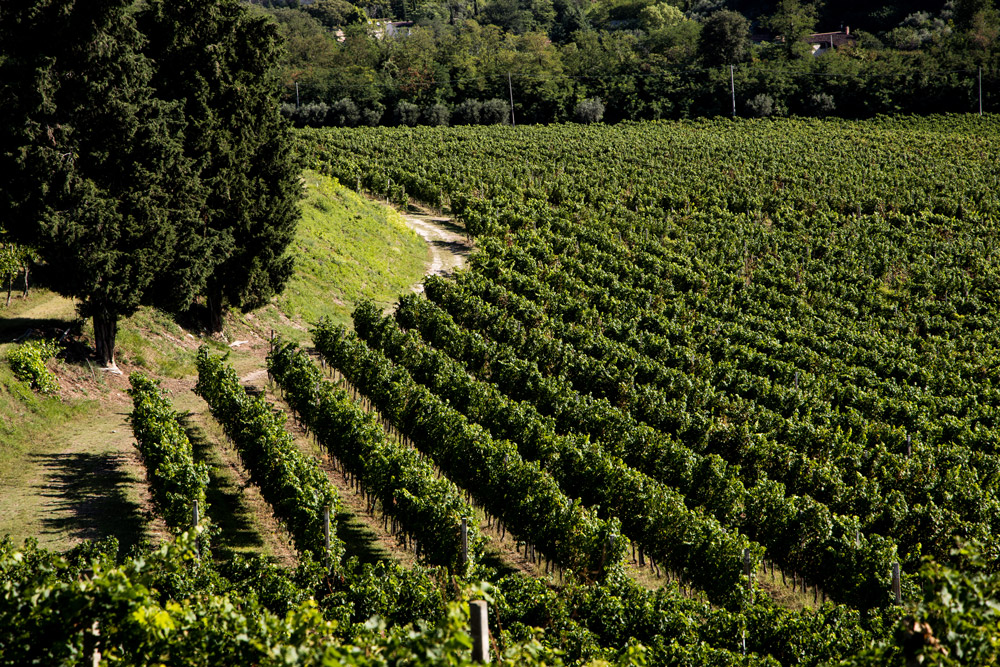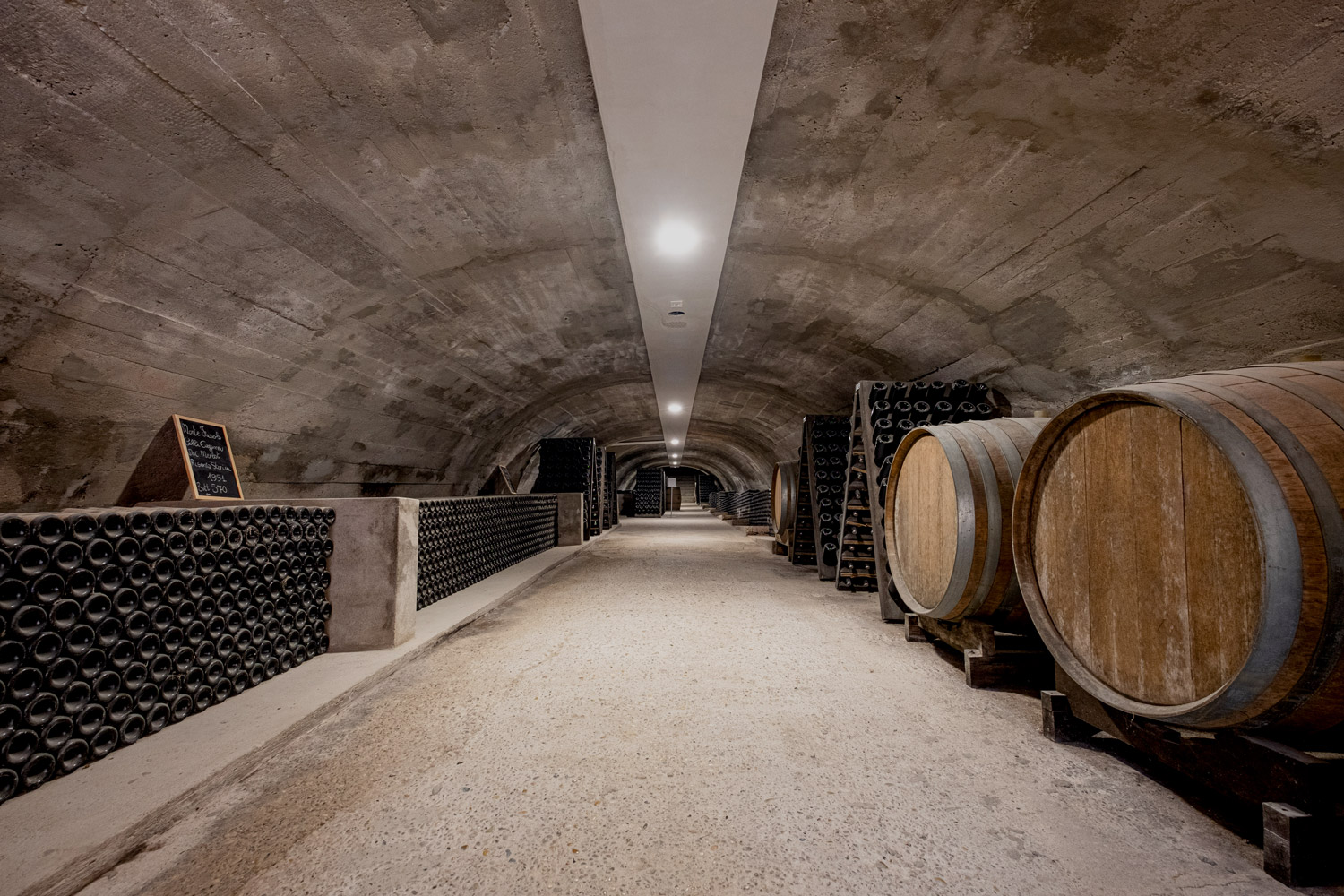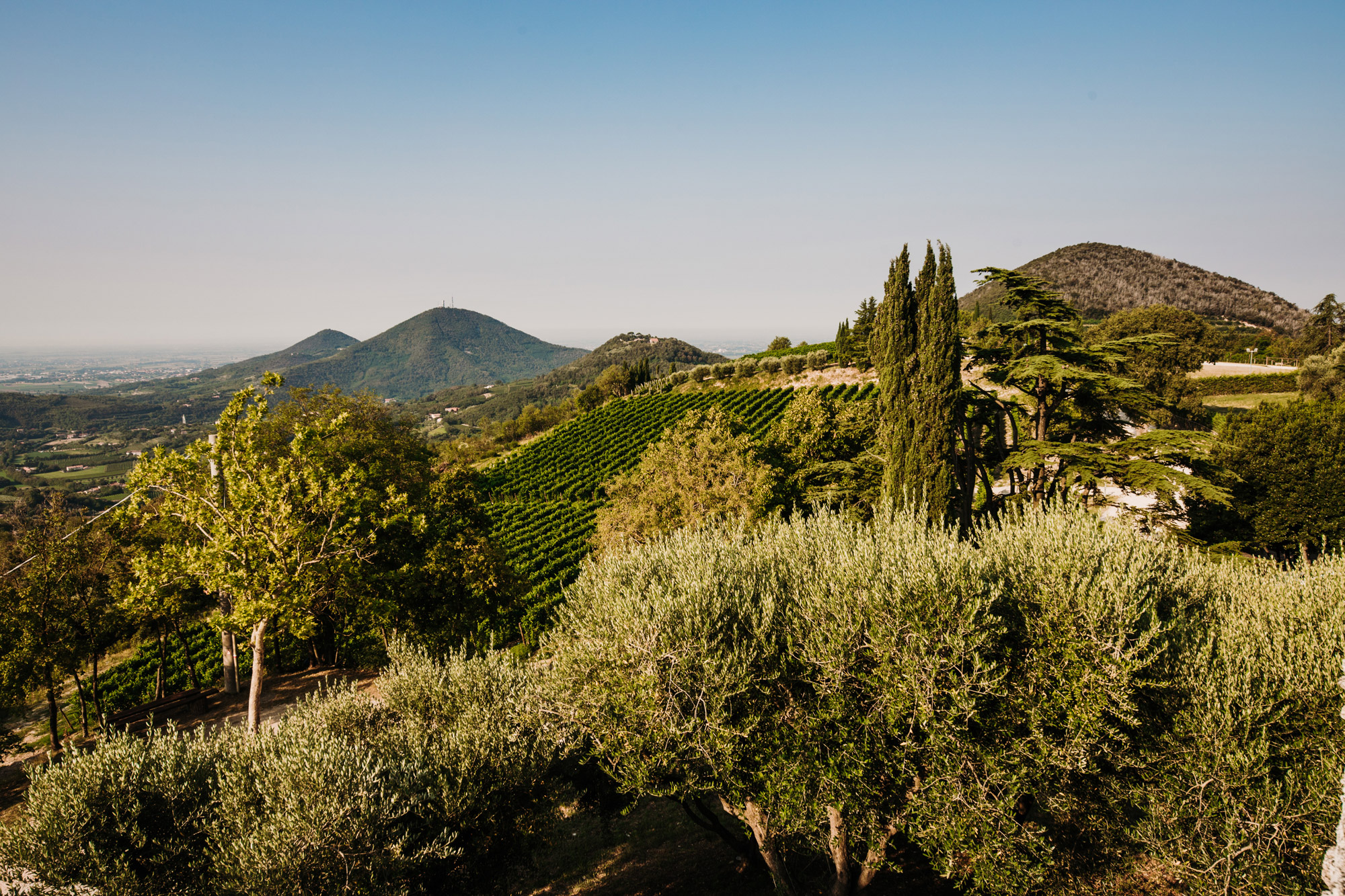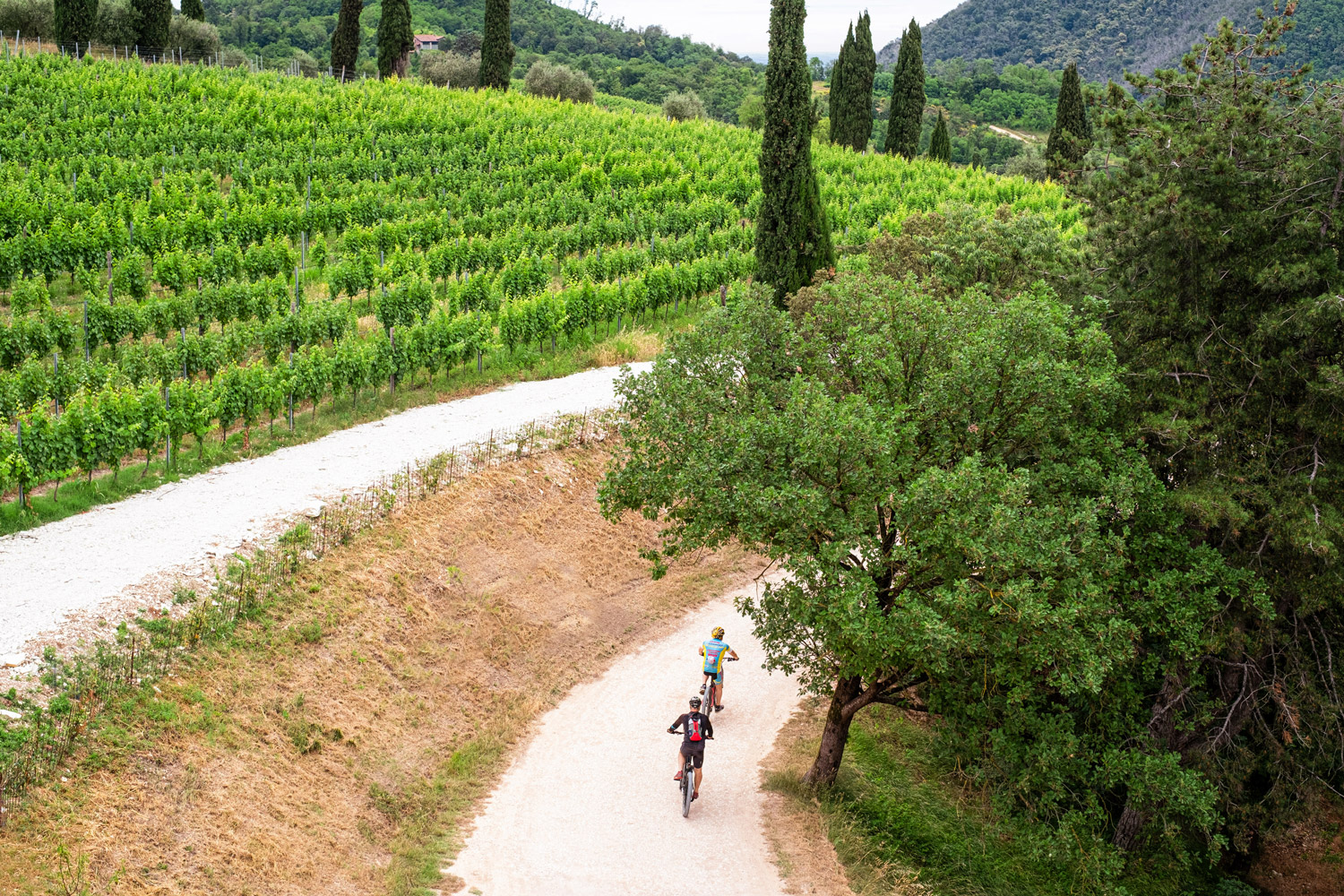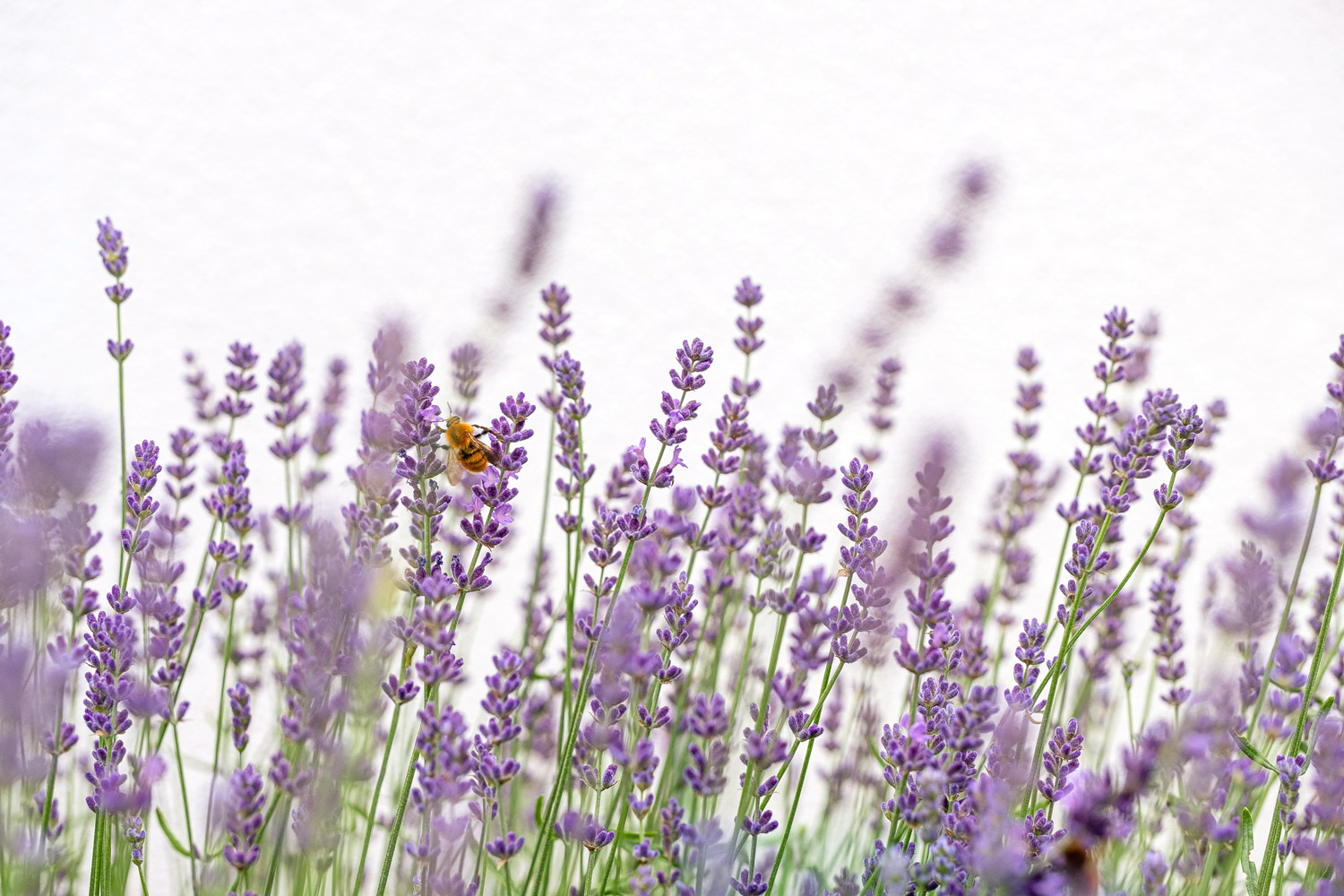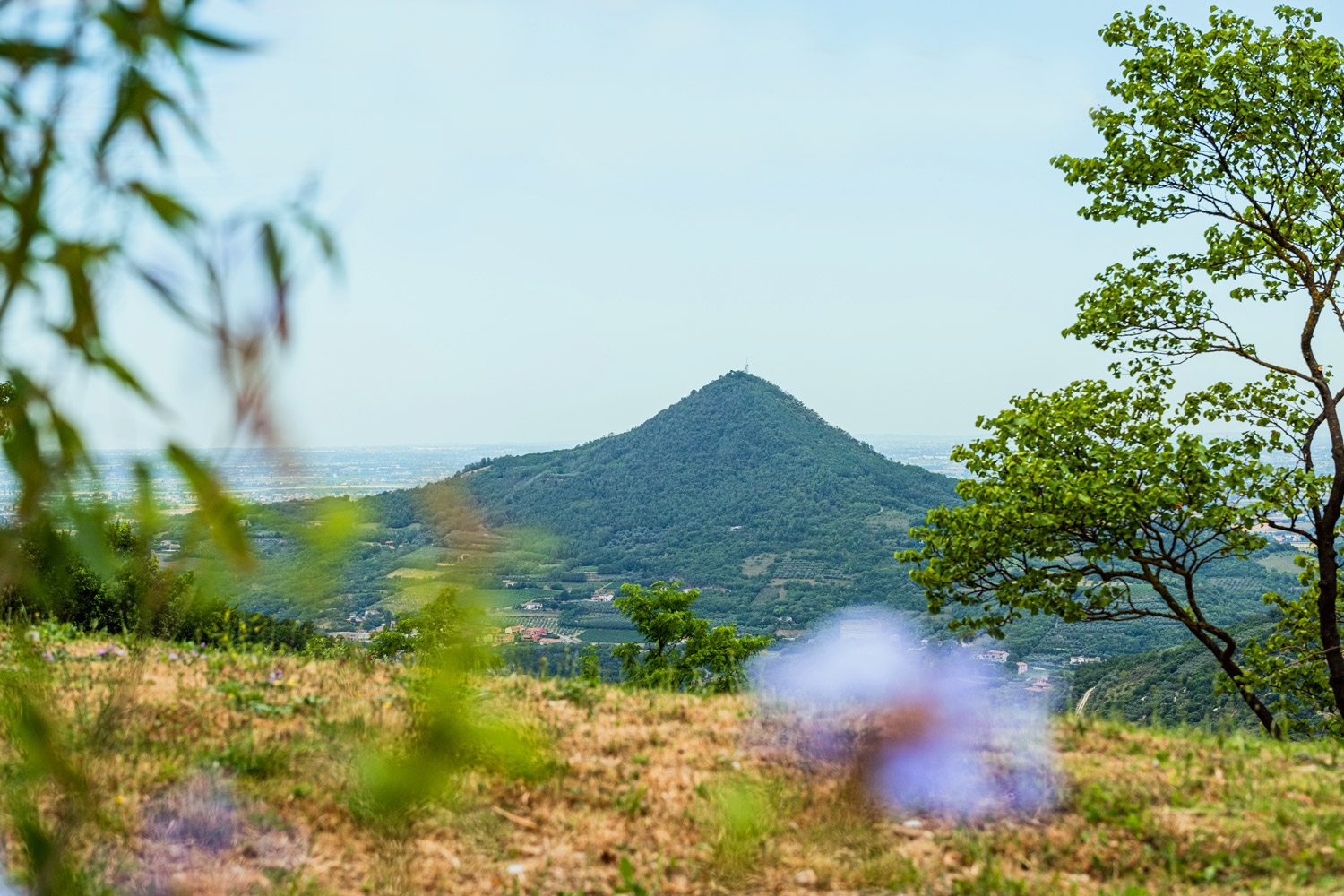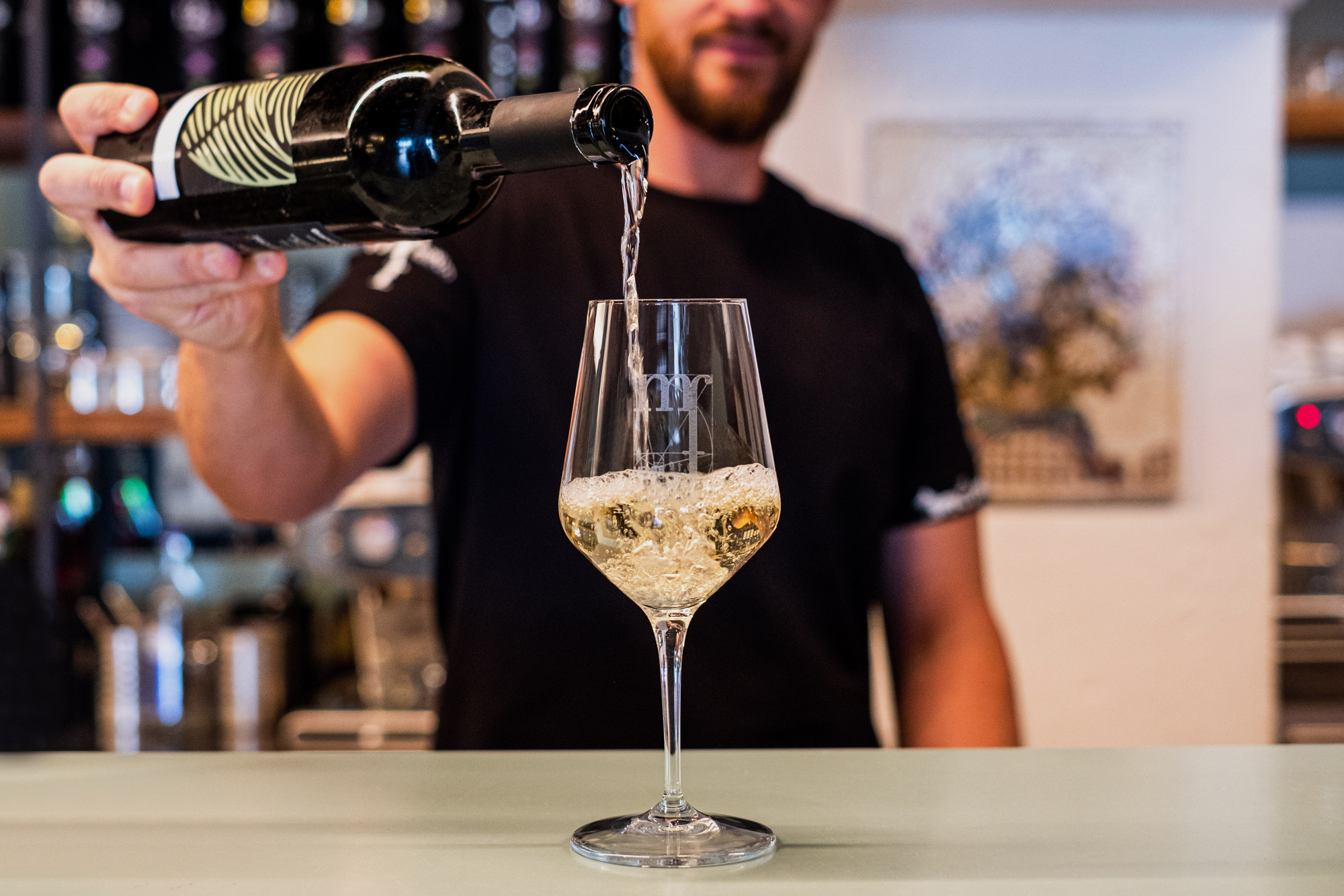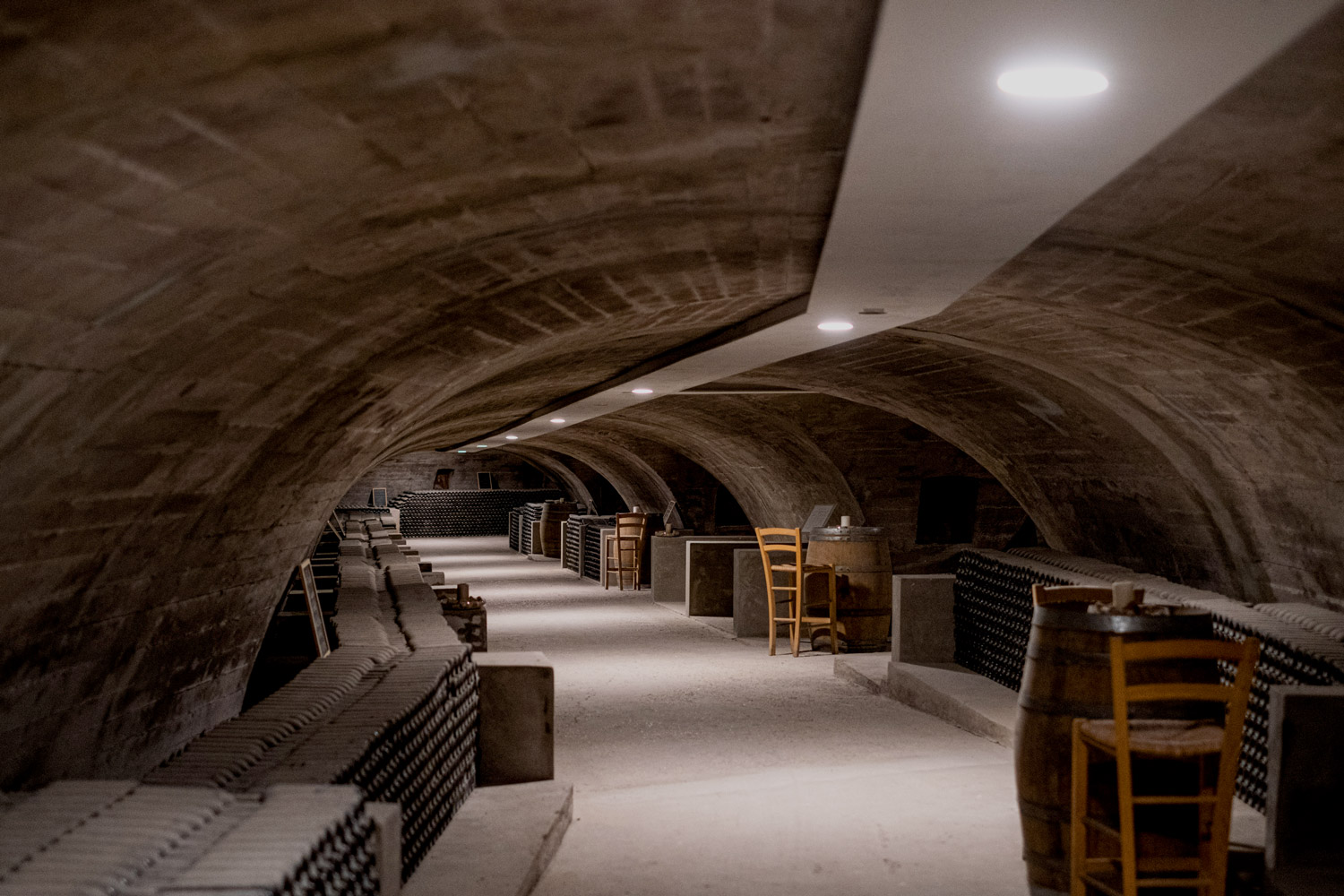History
The farm, founded in the 1960s at the top of Mount Fasolo became part of this new project. Its land included the church of San Gaetano – a destination for pilgrims – and two rural buildings. Today, the merger of the Le Volpi and Monte Fasolo estates, with their 200 hectares, represents the largest private winemaking business in the Euganean Hills. Ninety-five hectaresm are under vines and each grape variety has been placed in the most suitable soils to provide quality products, thanks to a viticultural zoning system that allows the interaction between the soil, exposure, climate and vines to be monitored in each separate vineyard.
PRODUCTION PHILOSOPHY
The story of these businesses, which are benchmarks for the local area, cannot be separated from the story of the new ownership set-up, which is destined to determine a different style of production and highlight a business philosophy based on research: native grape varieties, innovative aging techniques and methods that enhance the uniqueness of the wines produced.
We aim to go beyond the concept of organic in our constant search for a balance of product quality, personal well-being and respect for the environment. Using cutting-edge production techniques, the natural pace of the vines can be restored through targeted intervention and the elimination of any harmful or unnecessary intervention.
“We like to feel that we can share our dedication to our work and our love for the precious fruits this land offers us. The farming traditions of the past accompany us on our path today. They are the foundations of important research we are currently undertaking while always looking to the future.”
Luigi Rossi Luciani
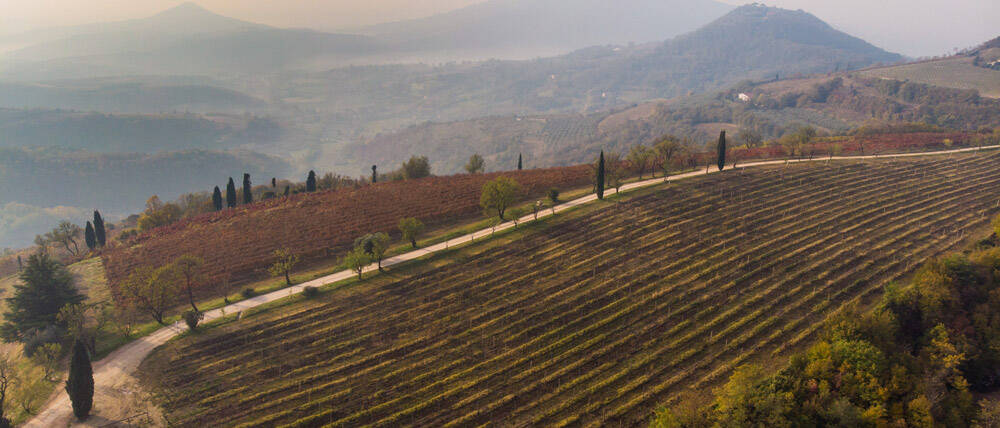
A WINE BASED ON
RESEARCH AND INNOVATION
The new company management will not delay highlighting the strong character of the wines that are the focus of a great deal of research. The 2018 vintage marks the beginning of a new chapter. We intend to trace the style of the wines of this territory, striving towards increasingly higher quality while undertaking to use state-of-the-art techniques in the field of organic viticulture.
The studies and experiments we have conducted over the years have allowed us to increase our knowledge of the potential of the various grape varieties in each individual plot on the estate.
In the wine cellar, we have researched new techniques that will soon be made known. Such techniques can enhance the characteristics of the fruits of this land.
We are experimenting with a new kind of robot in the vineyards: an Industry 4.0 machine that is partly electric and able to treat vines with UV rays in order to avoid using harmful chemicals.
The Carménère grape variety is the “seed”, the starting point of this project and is intended to represent an important stylistic change for a new perception of the wines of the Euganean Hills.
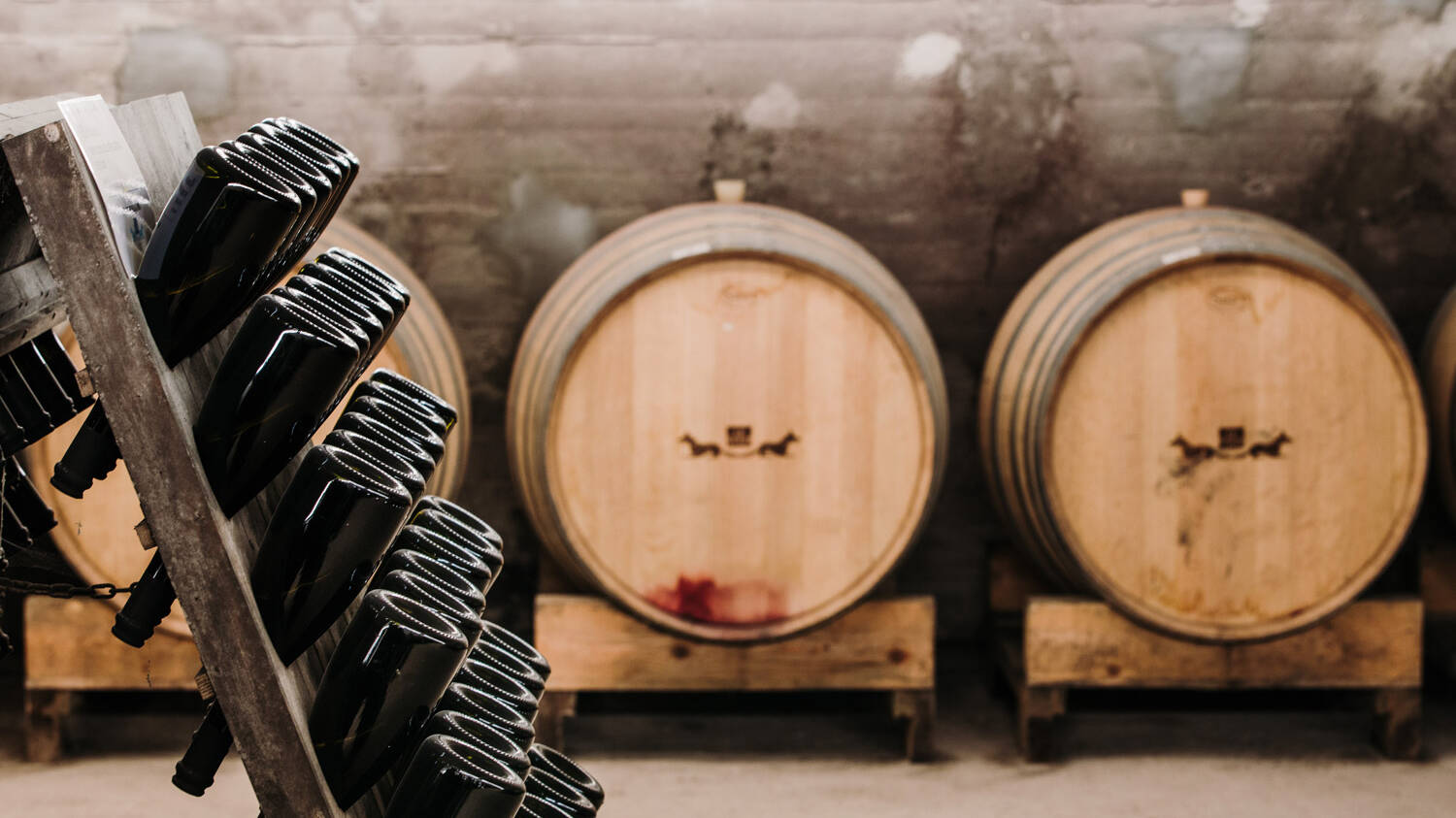
Organic production
Our vineyards are all owned by us, so we are lucky to have direct control of the entire production process, from the vineyard to bottling. This allows us to have a thorough knowledge of our grapes, the soil and the microclimate of each individual vineyard and to intervene only when necessary. We always keep well below the limits of intervention allowed by production regulations, our aim being to make wines that are the utmost expression of the territory, not only organic.
Our philosophy is also reflected in the work carried out in the wine cellar, where we treat grapes with great care and delicacy, meticulously tracing their path throughout the process.
For fermentation processes, we mainly use selected indigenous yeasts, micro-organisms that are naturally present in the grapes. The type and timing of ripening are established each time depending on the characteristics of each grape variety.
We have also chosen to use a delicate filtration process, with a very wide mesh to avoid breaking the molecular chains of the grapes and to preserve the integrity of the taste, aroma and colour of the wine. Small crystals can therefore sometimes be found at the bottom of the bottle.
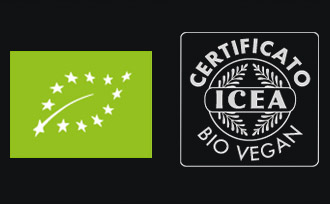
Our Le Volpi farm has been producing organic wine since 2013 and vegan wine since 2016, whereas our Monte Fasolo farm, currently under conversion, should start producing organic products by the year 2022. Our production is BIO-VEGAN certified by ICEA, the Institute for Ethical and Environmental Certification.
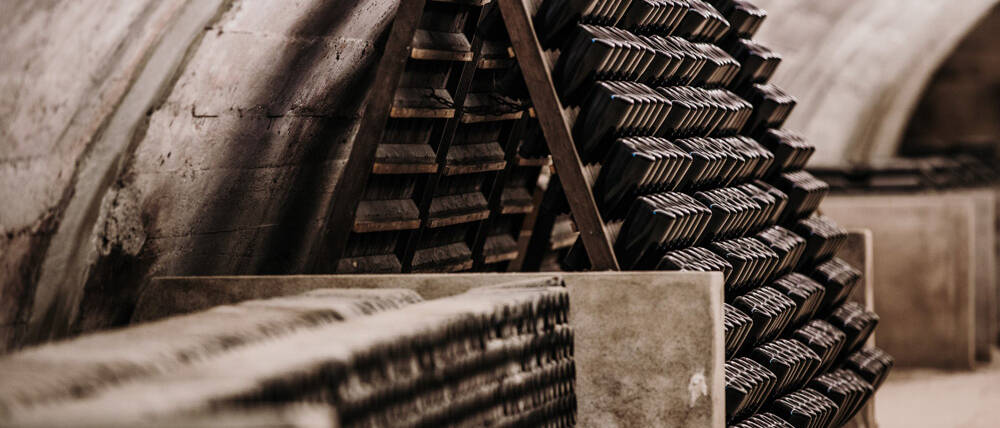
BOTTLING, STORAGE AND TRANSPORT
Our eco-sustainable wine production also includes bottling processes, storage and transport. We use eco-sustainable bottles for our wines, which are made using energy-saving production processes and recycled glass in order to protect the environment. For still wines in particular, we use bottles that are lighter than others, allowing us to limit weight during transport and reduce consumption and CO2 pollution. For wine bottling we use Nomacord: a by-product of sugar cane, an environmentally friendly choice and ideal for bottling white wines. For wines that require a long aging process, we use a one-piece cork that ensures micro-oxygenation in the bottle.


